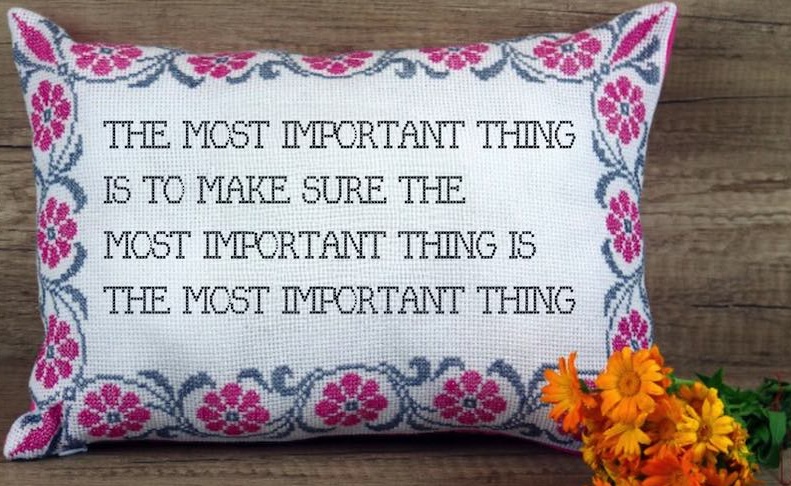I was lucky enough to spend two weeks off the grid recently.
I recharged my mind and returned home with a full focus on what’s important in my business.
Three days later I got a call that I didn’t want.
My stepmother was in the hospital and it was looking grim.
Family is what was important then. So I flew out to NYC to be with my dad at his wife’s bedside.
Within a week she died.
Don’t worry though. I’m not going to give you one of those lectures about how you need to treasure every moment, ‘cause you’ve heard that enough times before.
Instead, let’s talk about why you’re having trouble holding yourself accountable. We’ll come back to my drama in a minute.

I Talk A Lot About Accountability
I talk a lot about accountability. I do it for a variety of reasons, not the least of which is that I have big dreams and want to achieve them.
As it turns out, poor accountability is one of the biggest issues in the workplace. 85% of leaders aren’t good at maintaining accountability at work.
Shame on them.
I used to be one of those 85%.
Shame on me.
I sucked at holding people accountable. I just expected everybody to get their shit done and if they didn’t get it done, well, I’d just do it myself.
As I later learned, that is neither healthy nor scalable.
Once I developed the simple secrets to accountability, it changed my life. It helped me to start three companies and build them into meaningful entities. It also helped me sell each of the companies to large, public conglomerates.
Now I spend my time teaching people the secrets for creating a culture of accountability.
[Editor’s Note: get on the waiting list for the next free Accountability MasterClass. Space is limited! Sign up now.]
The Fallacy of Accountability
When I ask leaders to define accountability, the responses I get are all some version of “getting shit done on time.”
That’s like describing the Great Pyramids as “a pile of stones.”
Sure, it’s not exactly wrong, but it’s missing a whole bunch of stuff that’s important to make it right.
When it comes to accountability, getting shit done on time is important. But creating a culture of accountability can’t be accomplished without addressing the other important part: your emotions.
<cue scary sound effect>

The Emotional Lack of Accountability
It is easy to check the boxes off your tactical to-do list. The hard thing is to keep you and your team focused on the most important things that will grow your business.
What I’ve learned in my executive coaching business, is that a lot of leaders fail to focus their efforts on the things that are most important.
It requires meaningful self-awareness to recognize why you’re avoiding the most important things.
The truth is that you can’t create a culture of accountability without this self-awareness. Here’s why:
Your lack of accountability has nothing to do with tactics. It has to do with your emotions.
I hate to break the news to you, but the reason you lack accountability is because you are avoiding your fears.
Maybe you fear conflict?
Are you afraid of making a wrong decision?
Perhaps you’re scared of giving consequences?
I will bet all the lint in my wallet that if you are bad at maintaining accountability, you have fears you are avoiding.
Go ahead, prove me wrong.
What’s Important
This brings us right back to what’s important.
When I came back from being off the grid, I had complete clarity on what I needed to do to grow my business and achieve my goals.
I knew what was the most important. And I knew the fears I had to face to maintain accountability.
Then my stepmother died – and again I knew what was the most important.

The Strength Of An Inspirational Leader
Ultimately, the strength of a leader is measured not only by the results they achieve but by the growth they encourage in others.
While you’re striving to build a culture of accountability, don’t minimize the courage it takes to confront your emotional realities.
You have to learn to accept your vulnerabilities and make the commitment to grow despite them.
So as you’re going through your tactical task list, pay attention to the emotions that accompany your actions. Share your experience with others. It will strengthen your connections and transform you into the inspirational leader you want to be.
Now let’s go git ‘er done.
A Somewhat Relevant Quote
“We are dangerous when we are not conscious of our responsibility for how we behave, think and feel.“
Marshall Rosenberg – Psychologist, non-violent peacemaker
